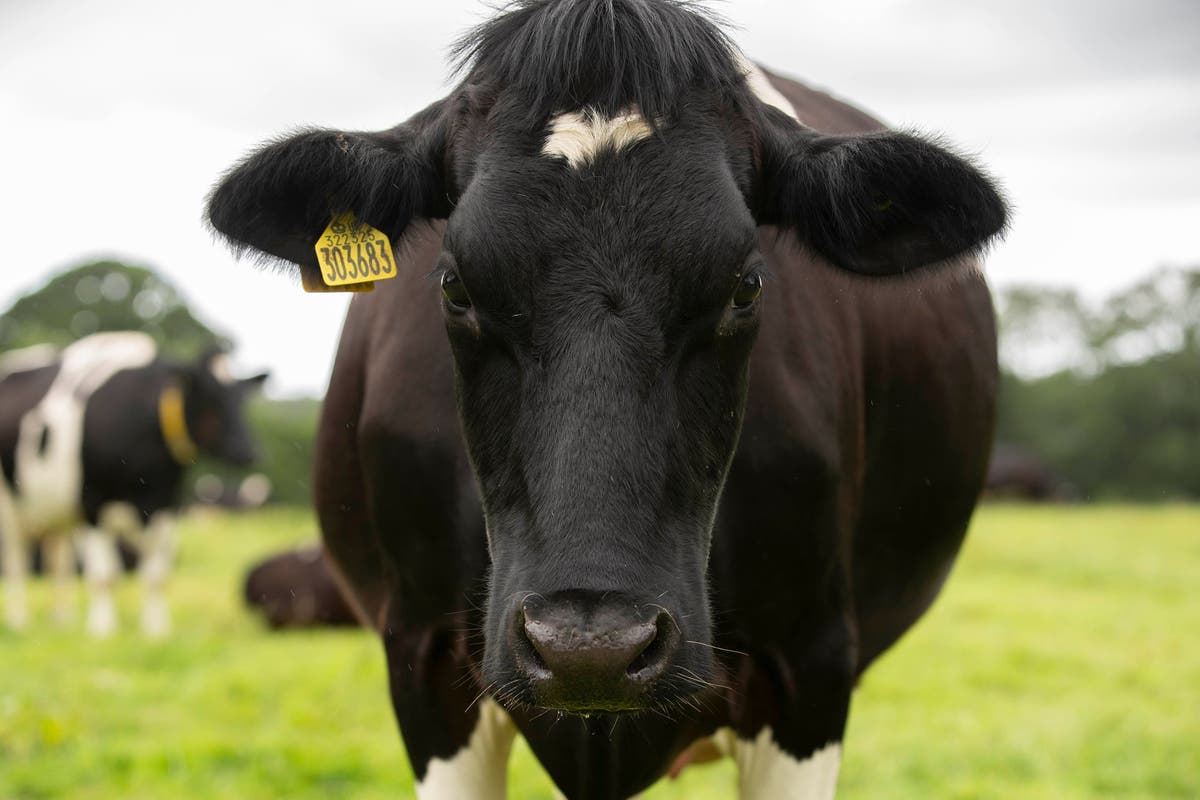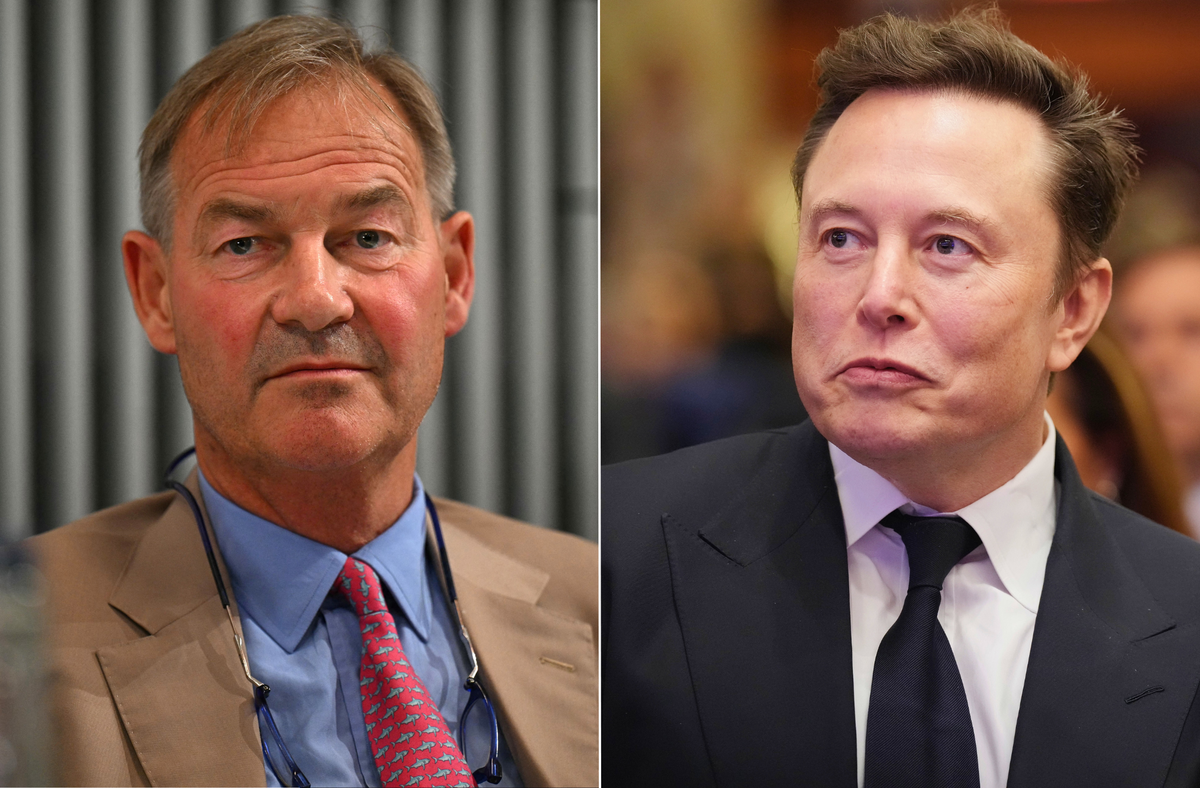UK food exports to the European Union have declined significantly since 2018, falling by 20% in real terms, according to the farming minister. This decline, impacting a crucial export market worth £14 billion annually, has triggered calls for swift action to address post-Brexit trade barriers.
The farming minister, Daniel Zeichner, highlighted the impact of leaving the single market and customs union. While tariff-free access to the EU remains, new regulations and border checks have complicated agri-food trade, leading to a substantial decrease in exports. Imports have also fallen by 11%.
These figures are particularly concerning given the EU's dominance as the UK's largest food export market, accounting for 57% of total UK food exports. The decline underscores the complexities of post-Brexit trade relationships, stemming from increased physical, documentary, and identity checks.
Critics, including SNP MP Stephen Gethins, point to Brexit as the primary driver of the decline, arguing that the resulting trade barriers are devastating for rural communities and UK businesses.
"A hard Tory Brexit has now become a policy owned by this Labour government," stated Gethins. He emphasized the unnecessary economic pain caused by the new trade barriers.
The revelation comes at a time of economic stagnation, placing further pressure on the Labour government to address the ongoing issues. While the government acknowledges the need for relationship improvement, they maintain that re-entry into the single market or customs union is not on the table, nor is restoring freedom of movement.
Responding to the crisis, various figures, including Lib Dem EU spokesman James MacCleary and economists, advocate for solutions like a veterinary agreement, regulatory alignment, and a thorough investigation into UK-EU trade relations. A need for swift action and a serious discussion about the UK's future trade relationship with Europe remains prevalent amongst political figures.







